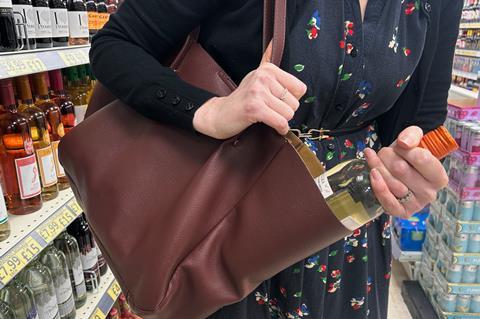
More than 60% of shoppers have witnessed theft in stores, according to a recent survey by retail headset company x-hoppers. Despite this, top retailer Fiona Malone warns that consumers are not considering the often overlooked impact of shoplifting, urging them to see the “bigger picture”.
Fiona and Vince Malone, owners of Tenby Stores and Post Office, have been grappling with shoplifting incidents draining their family-run business by £26,000 a year. This scale of theft is not just damaging, it’s potentially devastating, explains Fiona. “It’s hitting me. It’s hitting my kids. But ultimately, if we were to close, we’re a post office, so we’re the only bank in Tenby. So, therefore, the whole town would actually lose its banking services and it would be a 2-hour round trip. But people aren’t necessarily seeing that bigger picture,” she says.
For small to medium businesses like the Malones, these thefts aren’t just an inconvenience. They are a threat to survival, forcing retailers to rethink everything from investing in security measures to pricing, just to stay afloat. Thanks to the introduction of x-hoppers headsets a year ago, they have cut the financial bleed from theft by 50% and are catching on average 26 ‘suspected’ thefts daily.
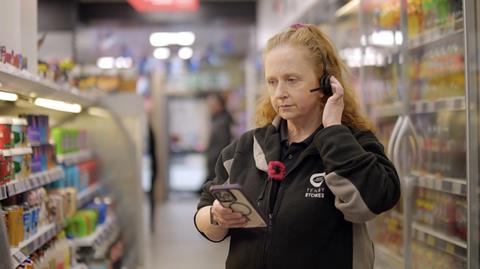
The headsets use an AI camera monitoring software that monitors shopping habits and can detect theft. If detected, the system can alert the staff members through their headsets and mobile phones and announce suspicious activity through store tannoys. The camera system monitors different aisles and in the event of an alert, staff members can respond by going to the area and investigating the situation.
Though the technology acts as a lifeline for the store, the Malones are still battling the daily reality of being targeted by shoplifters. “I would like to be very clear that it’s not the cost of living crisis,” says Fiona. “Everyone that we see that’s taking from us in the shop is taking alcohol, they’re taking high-value chocolates, so it’s not cost of living. And I think by stigmatising it and saying that it’s cost of living, those people that can’t afford things are now feeling particularly vulnerable when they’re going into shops. And I think that needs to stop.
“What we’re tending to find is that it’s just being normalised. People will come in to us and we’ll catch them shoplifting thanks to the x-hoppers. And people are saying, well, why are you stopping me? It’s a victimless crime.”
At a recent roundtable hosted by x-Hoppers, speakers discussed tips for staying ahead of retail crime as the peak holiday season approaches.
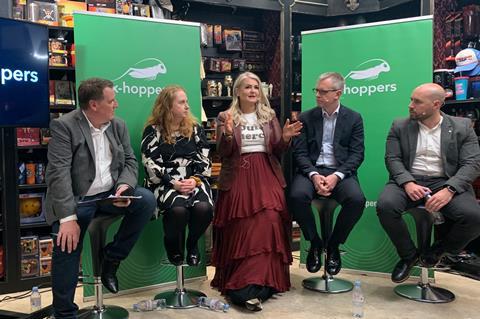
For Fiona, she said one of the simplest but most effective strategies, is greeting customers warmly the moment they step through the door. “It’s welcoming the customer into your stores. It’s important to make the effort to say hi, how are you, how’s your day and even complain about the British weather. You know, even if it’s that small interaction, it will help the customers want to come back to you, but also potentially if there’s an individual that’s intent on stealing, they know that they’ve been noticed, and I think that does really have an impact,” she explains.
Retail and consumer expert Kate Hardcastle emphasised the urgent need for retailers to make customers aware of the retail crime crisis they face: “It is a massive national reality; it is an epidemic; it is growing. At that peak period, you want to make customers aware of the realities you’re dealing with, what you’re doing about it, how you appreciate their support and help at that time. There’s nothing to be embarrassed about, retail didn’t create this. ”
Superintendent Patrick Holdaway from the National Business Crime Centre urged the need for better communication and consistent reporting between retailers and police to enhance enforcement efforts amidst limited resources: ““Police forces will put additional plans in place. We know it’s a very busy time and lots of police forces will put additional highlighted patrols around the retail sector. I think it’s getting to reinforce the need for retailers to report crime. We know it’s an exceptionally busy period for retailers. But it’s really important because it means we can target these prolific offenders and take them off the street. If we don’t know about the crime, we can’t fight it.”


















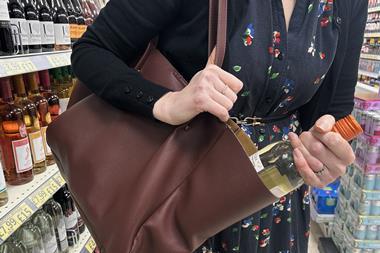

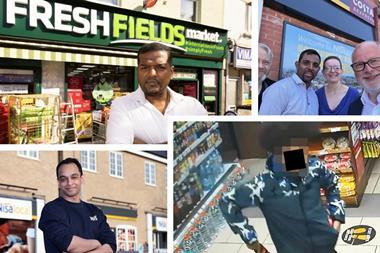
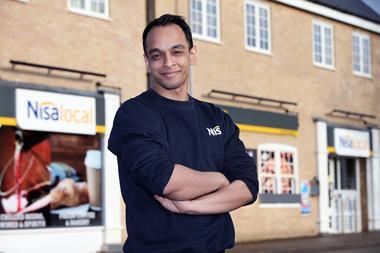






No comments yet